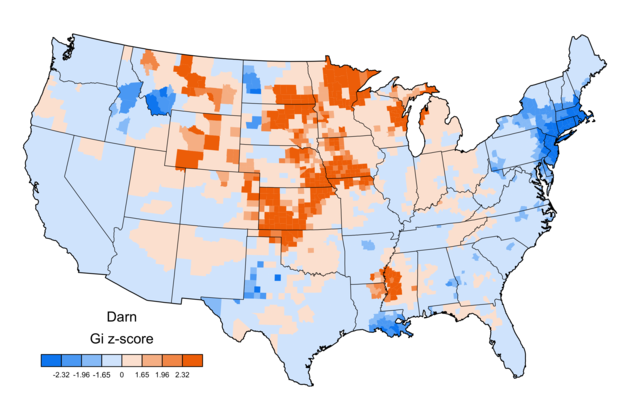Emily Landau, "Why Person-First Language Doesn’t Always Put the Person First", Think Inclusive 7/20/2015:
There are two main types of language used to refer disability: person-first language and what is known as identity-first language (IFL). PFL as a concept originated among people who wanted to fight back against stigma. In a society that perceived disability as dehumanizing, advocates wanted those around them to remember that having a disability does not, in fact, lessen your personhood. As such, the PFL movement encouraged the use of phrases like “person with disability,” “girl with autism” or “boy who is deaf.” In speaking this way and putting the person first, it was considered a show of respect.
PFL was adopted as a general linguistic rule, moving from use by the people who initiated the movement towards heavy use by those in professional spheres. It essentially became the law of the land. Teachers, doctors, nurses, social service professionals, government officials… everyone was told that they should use only PFL. Using a term such as “disabled person?” A cardinal sin.
However, as with almost any major activism movement, PFL sparked a countermovement, known as identity-first. IFL is a linguistic concept embraced and actually preferred by countless people within the disability community. In the ideology of identity-first, “disabled” is a perfectly acceptable way for a person to identify. Instead of going out of your way to say “person with a disability,” when using IFL you would instead say “disabled person.” This is how I personally choose to identify myself. I am a disabled person.
Read the rest of this entry »


